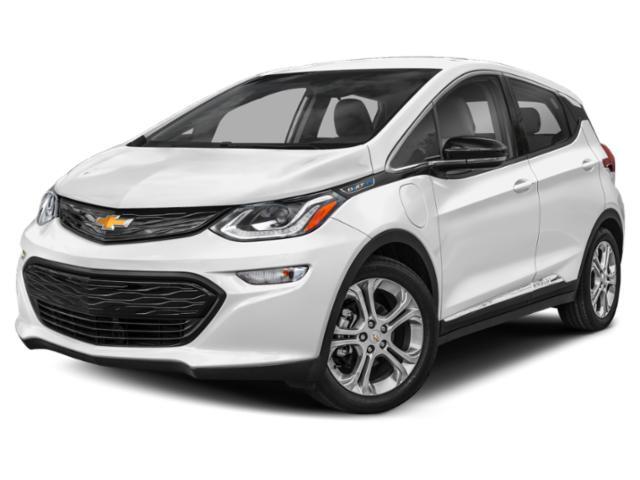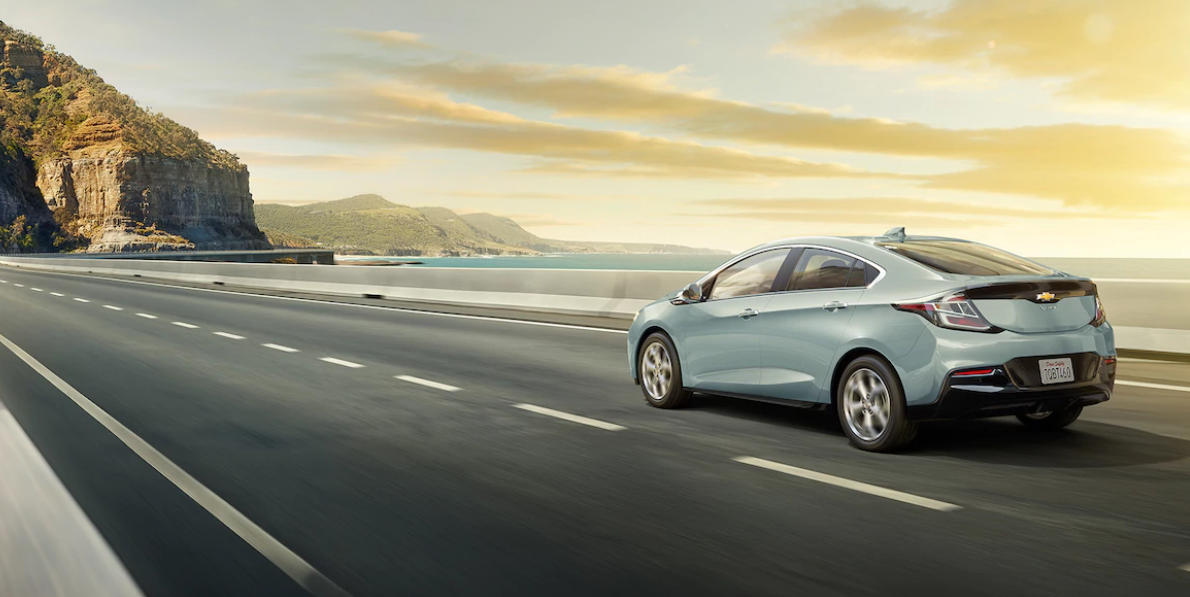
Long distance travel for use usually means one of two things: A reenactment rather far away which means carrying a lot of camping gear and kit, so the van is an absolute necessity, no matter what the propulsion source. Yes, we still have one gas car: Our Kida Sedona beater with 150k on the clock but still running fine. Right now long distance for the cars is the 140 mile round trip commute to Jamestown Settlement (I'm part of the crew), and we'll do one day 300-400 mile trips with one planned recharge at the midway point while we have lunch/dinner. The slow rate of Level 3 charging is their only weak point, and we're not using either of the cars (currently) for 600 mile trips. Adding this to my 17 Premiere, and finally having installed the second charger in the garage (first one is outside), we're set for the foreseeable future. Got $20,000 in trade for the wife's 2020 Nissan Kicks with 17k on it. If you were a 1-car family, it would take some imagination to make an EV work for you, but if you can have 2, an EV (and a dirt cheap one at that) is a great commuter.Īnother real world Bolt owner here, picked the wife up a 2020 Premiere with 11k on it at CarMax for $29,000 this past February. You just get in and go, and when the battery gets below half or so, I plug in at home on a level 2 charger overnight and it's ready to go when I leave the house the next morning for work at 430. Have not paid a cent for maintenance thus far. Using the A/C or the heater, or driving over 72 really saps the range. It is not a road trip car, I would not take it more than 100 miles away if I expected to get back on the same charge.
#VOLT CHEVY 2020 TRIAL#
I bought it as a trial balloon into the EV foray, and it has exceeded my expectations.


It has been used primarily as my commuter to and from my work at a fire station 40 miles or so from my house. Interior fit and finish has held up extremely well after 2+ years shuttling kids of various ages (3, 3, 6, and 11) around town (obviously never more than 2 at a time, not much room for more than that). I have to say, in defense of the Bolt, it is an excellent car for the money (paid just under 22k OTD after tax credits). Bought a new one in September of 2020 and have put almost 30k miles on it, have yet to take it in for the battery recall swap, but I am on the schedule for later this month.

For example, a battery rated at 100 kWh will need 12.5 hours to recharge fully using an 8.0-kW charger.Real world Chevy Bolt owner here.

Given those assumptions, the value provided is simply the battery's capacity divided by the onboard charger's power rating.
#VOLT CHEVY 2020 FULL#
Unlike mpg, however, where a larger number is better (for example, a vehicle that gets 30 mpg is better than one that gets 20 mpg), a smaller number is better in kWh/100 miles because you are using less battery energy per mile.ĮPA time to charge battery (at 240V) This can be tough to pin down, but we assume for simplicity that the 240V power source will enable the vehicle's onboard charger to operate at full capacity, and that the battery is fully depleted and will be recharged to 100%. Just like regular MPG shows how far a car will travel on one gallon of gas, MPGe shows how far a vehicle will drive on 33.7 kWh of electricity - the energy equivalent of one gallon of gasoline.ĮPA combined MPGe A combined total of 45% city MPGe + 55% highway MPGeĮPA electricity range This value is the estimated number of miles that a vehicle can travel in combined city and highway driving (using a mix of 55% highway and 45% city driving) before needing to be recharged, according to the EPA's testing methodology.ĮPA kWh/100 mi This value tells you how much energy in kilowatt-hours a vehicle would use to travel 100 miles. EPA city/highway MPGe MPGe is the official metric that the EPA uses to measure the efficiency of alternative-fuel (including electric) vehicles.


 0 kommentar(er)
0 kommentar(er)
